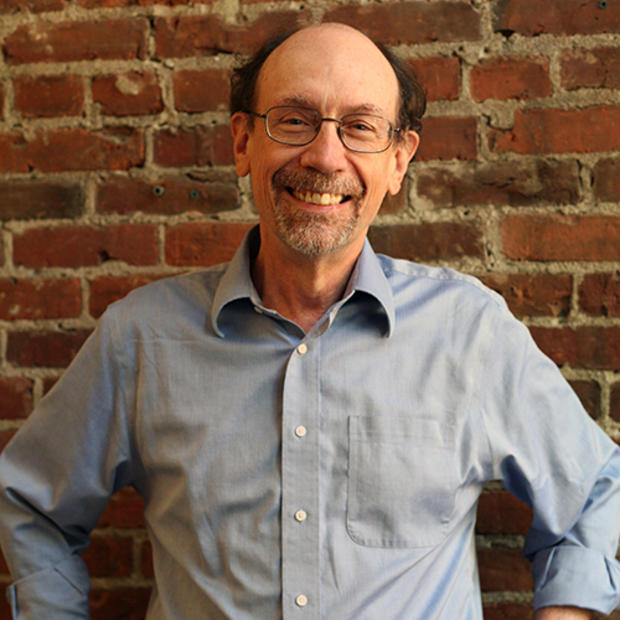With Gov. Chris Gregoire calling legislators back into special session next month to cut budgets further, there is already a lot of talk, beginning with Gregoire herself, about a lack of options. As Seattle Times columnist Danny Westneat demonstrates, it all depends on how you look at things, even when people are trying to shut the door on ways to minimize the impacts on students, the sick, and the disabled. Westneat worked from a statement by the Washington Federation of State Employees rejecting a request by the governor to renegotiate downward how much of their workers' health care costs the state covers but noting that it had called for a 3 percent cut in tax breaks for corporations. Conceding right off that the union probably just meant to score rhetorical points, Westneat played out the scenario, saying that the small sacrifice would net the state enough “so we don't have to throw the poor off health insurance, don't have to cram school classes any more than they are and don't have to slash the university system.” (The Federation statement also drew attention from, among others, the Washington Policy Center’s Jason Mercier, who quoted substantially from the statement and argued for greater legislative authority over contracts with state workers.)
On the SeattlePI.com today, there is a quick, informative story from Vanessa Ho about the rising cost of living. A study from the University of Washington finds that, despite unemployment and stagnating wages, the cost of living in Seattle and the rest of the state has continued to rise, up 13 percent since 2009. The worst spot: East King County, where it takes nearly $66,000 for a single parent and two kids to meet basic needs. Ho ties the finding into a recent report that Seattle is at the bottom for 20- to 24-year-olds looking for work. Perhaps that is because the state's K-12 and higher education systems don't prepare them to compete for the high-paying jobs that keep going to out-of-state employees? There's also a link to one of those uneven-quality PI reader blogs, but it's a clever tie: the blogger is talking about life on the (mostly retiree) RV circuit for $11,000 a year.
In the Kitsap Sun, there’s a story about one way that people are creating jobs for themselves: by offering mobile services at the homes or businesses of customers. Amy Phan reports about a non-profit (Washington Community Alliance for Self-Help, often called Washington CASH) offering programs training people to become entrepreneurs. She focuses on an auto mechanic, but notes a growing variety of Kitsap County businesses, including veterinarians and dog groomers, who make house calls. As one of the business people notes, there is a need for establishing trust when you come into someone’s home.
Digging deeper into the emerging archaeology around the Manis Mastodon near Sequim, the Times’ Craig Welch tells a nice story of Northwest history, science, and a retired Washington State University professor. The professor, Carl Gustafson, had started working on the mastodon find a week after its discovery in 1977, always believing that it showed people had populated North America earlier than other scientists had long thought. Nearly 35 years later, the consensus has probably shifted irrevocably in his favor with an article in Science, based on research with technology that Gustafson didn’t have. As Welch notes, the story rings of former UW and University of Chicago professor J Harlen Bretz’s difficult experience gaining acceptance for the Missoula floods theory about state geology. Perhaps there is a good Pacific Science Center or Burke Museum exhibition to be done celebrating the work of Gustafson and Bretz, and teaching young people about the adventures of science.
The Herald in Everett has another kind of adventure tale, a young person’s volunteer service in India working with children who have HIV or AIDS, and the near fatal train accident that befell David Ricci. Reporter Alejandro Dominguez and photographer Sarah Weiser followed Ricci in his recovery as he visited a church youth group to tell about his experiences and as he received a prosthetic right leg to enable him to walk again. It is, as the keywords in the electronic edition note, a human interest story, and a strong one.
Link Summary
Seatttle Times, Companies enjoying tax breaks should 'give three' percent back
SeattlePI.com, Not your imagination: It really does cost more to live in Seattle
Kitsap Sun, Mobile business owners bring skills to customers' doorsteps
Seattle Times, WSU professor was right: Mastodon weapon was older than thought, scientists say
Everett Herald, Faith to go forward



